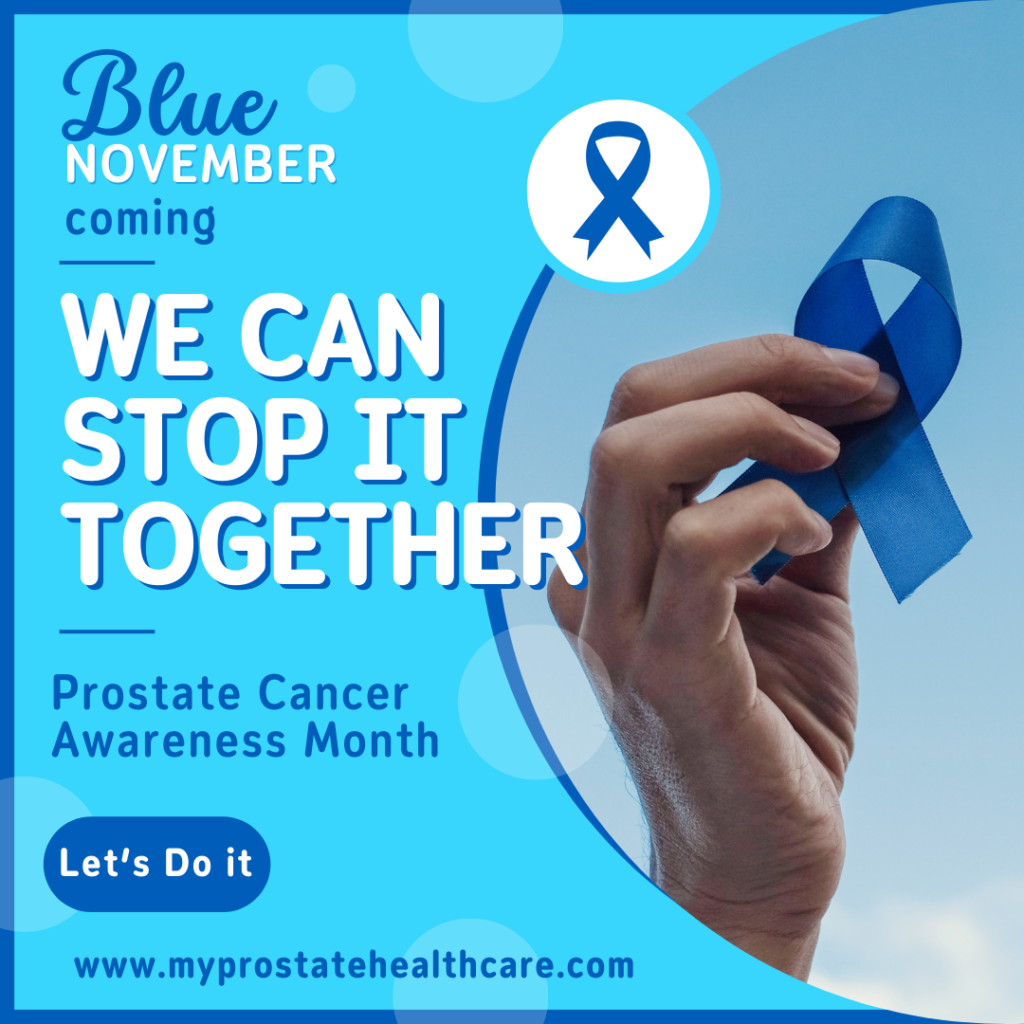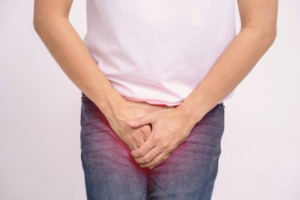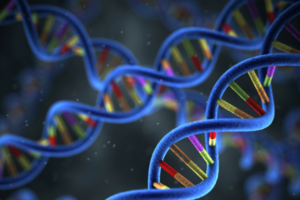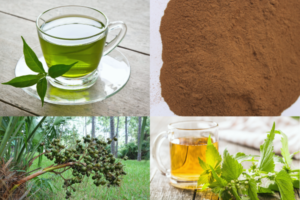Maintaining a healthy prostate is essential for overall well-being, and diet plays a crucial role in promoting prostate health. Certain foods and nutrients can help reduce the risk of prostate issues, including benign prostatic hyperplasia (BPH), prostatitis, and prostate cancer. This article explores what constitutes a healthy diet for the prostate and provides evidence-based recommendations.
What is a Healthy Diet?
A healthy diet is one that provides the necessary nutrients to maintain overall health, prevent disease, and promote optimal body function. Key components of a healthy diet include:
- Fruits and Vegetables:
- Rich in vitamins, minerals, antioxidants, and fiber, which help reduce inflammation and oxidative stress.
- Examples: Tomatoes, berries, cruciferous vegetables (broccoli, cauliflower, Brussels sprouts), leafy greens, and citrus fruits.
- Healthy Fats:
- Essential for hormone production and cellular health.
- Sources: Olive oil, avocados, nuts, seeds, and fatty fish (such as salmon, mackerel, and sardines) rich in omega-3 fatty acids.
- Whole Grains:
- Provide fiber, B vitamins, and other essential nutrients.
- Examples: Brown rice, quinoa, oats, whole wheat bread, and barley.
- Lean Proteins:
- Important for muscle maintenance and repair.
- Sources: Lean meats (chicken, turkey), fish, legumes (beans, lentils), and plant-based proteins (tofu, tempeh).
- Adequate Hydration:
- Essential for all bodily functions, including the urinary system.
- Recommended: Drinking plenty of water throughout the day.
Diet and Prostate Health
- Lycopene-Rich Foods:
- Lycopene, an antioxidant found in tomatoes and other red fruits, has been shown to reduce the risk of prostate cancer.
- Cruciferous Vegetables:
- These vegetables contain sulforaphane, a compound that may help prevent cancer by protecting cells from damage.
- Omega-3 Fatty Acids:
- Found in fatty fish, these healthy fats may help reduce inflammation and lower the risk of prostate cancer.
- Green Tea:
- Rich in antioxidants known as catechins, green tea may help lower the risk of prostate cancer.
- Soy Products:
- Soy contains isoflavones, which may have protective effects against prostate cancer.
Tips for a Prostate-Healthy Diet
- Incorporate a Variety of Fruits and Vegetables:
- Aim for a colorful plate to ensure a wide range of nutrients.
- Choose Healthy Fats:
- Replace saturated fats and trans fats with healthy fats from plant and fish sources.
- Opt for Whole Grains:
- Choose whole grains over refined grains to increase fiber intake.
- Limit Red and Processed Meats:
- Reduce consumption of red and processed meats, which have been linked to an increased risk of prostate cancer.
- Stay Hydrated:
- Drink plenty of water and limit sugary and caffeinated beverages.
Conclusion
Diet plays a pivotal role in maintaining prostate health and reducing the risk of prostate-related issues. By incorporating a variety of fruits, vegetables, healthy fats, whole grains, and lean proteins into your diet, you can support your prostate health and overall well-being. Regular screenings and a healthy lifestyle are also essential components of prostate health maintenance.
References
- Giovannucci, E., et al. (2003). A prospective study of tomato products, lycopene, and prostate cancer risk. Journal of the National Cancer Institute, 95(5), 391-398.
- Traka, M. H., & Mithen, R. F. (2009). Molecular mechanisms of broccoli-derived sulforaphane in cancer protection. Expert Review of Molecular Medicine, 11, e5.
- Berquin, I. M., et al. (2007). Omega-3 polyunsaturated fatty acids in the prevention of prostate cancer: Evidence and mechanisms. Clinical Lipidology, 2(1), 95-104.
- Henning, S. M., et al. (2011). Tea polyphenols and the prevention of prostate cancer. Nutrition and Cancer, 63(7), 946-954.
- Hamilton-Reeves, J. M., et al. (2010). Clinical studies show no effects of soy protein or isoflavones on reproductive hormones in men: Results of a meta-analysis. Fertility and Sterility, 94(3), 997-1007.









